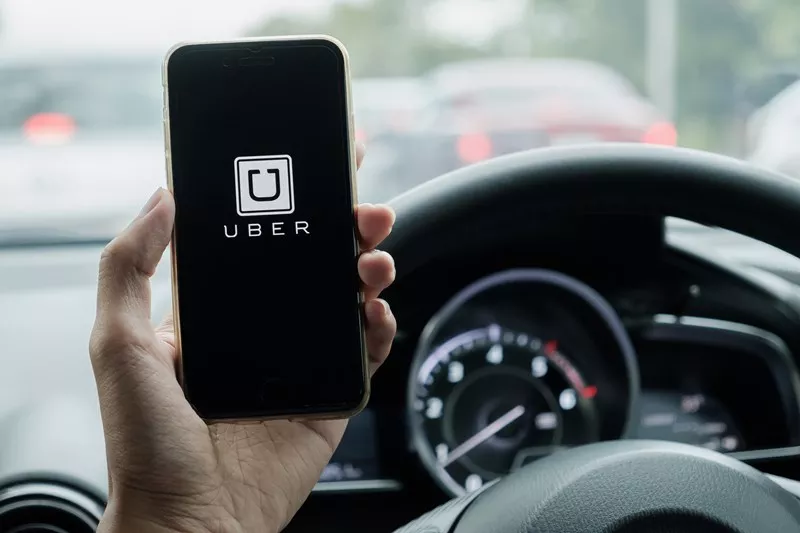On 17 November 2025, in a majority decision, the Supreme Court unanimously dismissed Uber’s appeal, confirming that the four Uber drivers who brought the proceedings were employees, not independent contractors. This brings an end to this dispute which has been ongoing since 2021, and in which Uber has now been unsuccessful in each of the relevant Courts.
Importantly, in reaching its decision the Supreme Court has reaffirmed the existing legal tests for determining whether someone is an employee or a contractor. There has been no change in this respect. The Court is imposed with the duty of establishing the real nature of the parties’ relationship which will override any contract which was entered into by the parties. This includes looking at intention, control, integration and “economic reality”.
Despite Uber’s terms and conditions describing their relationship as one of company and contractor, the Court meticulously dissected the language of the document. It was evident that the agreement was drafted in the manner of a “take it or leave it document”, essentially prohibiting negotiation of its terms and disguising the reality of the parties’ relationship. The Supreme Court, therefore, concurred with the Court of Appeal that the contractual terms were “fictional” as they failed to reflect how the actual relationship between Uber and its drivers operated in practice.
The Supreme Court noted that a passenger could not reasonably be expected to think they were contracting with the driver when they get into the car. They ordered the service from Uber and agreed to pay Uber for it. The Supreme Court agreed with the Court of Appeal that Uber’s contracts were “window-dressing.” This means that the contracts were designed to give the appearance of a different relationship than the one that actually exists, to the extent that it asserts that Uber is a mere facilitator of transport services between drivers and users. The Supreme Court held this is not the true relationship nor what unfolds in practice.
The Supreme Court also agreed with the Court of Appeal that Uber exercised very close control over the Uber Drivers delivery of their services, particularly through controlling how the drivers performed, their route selection, their performance, their policies, their behaviour, the fare prices, the terms and services, complaints and refunds, as well as the rating system. Drivers lack control over the quantity and quality of work, the price they are paid for their services and their inability to build goodwill, despite being the face of Uber’s business and having a relationship of co-dependency with Uber and its Drivers.
The decision highlights that when determining employment status, the assessment is very much fact-specific. We also note that the Supreme Court decision comes as the Government is separately proposing its Employment Relations Amendment Bill. This would specifically exclude workers from claiming that they were an employee if they have signed a written agreement confirming they are an independent contractor. The Select Committee is due to report back to Parliament on this next month.
If you have any questions regarding this decision and what it may mean for your business, please reach out to one of our employment team members.









